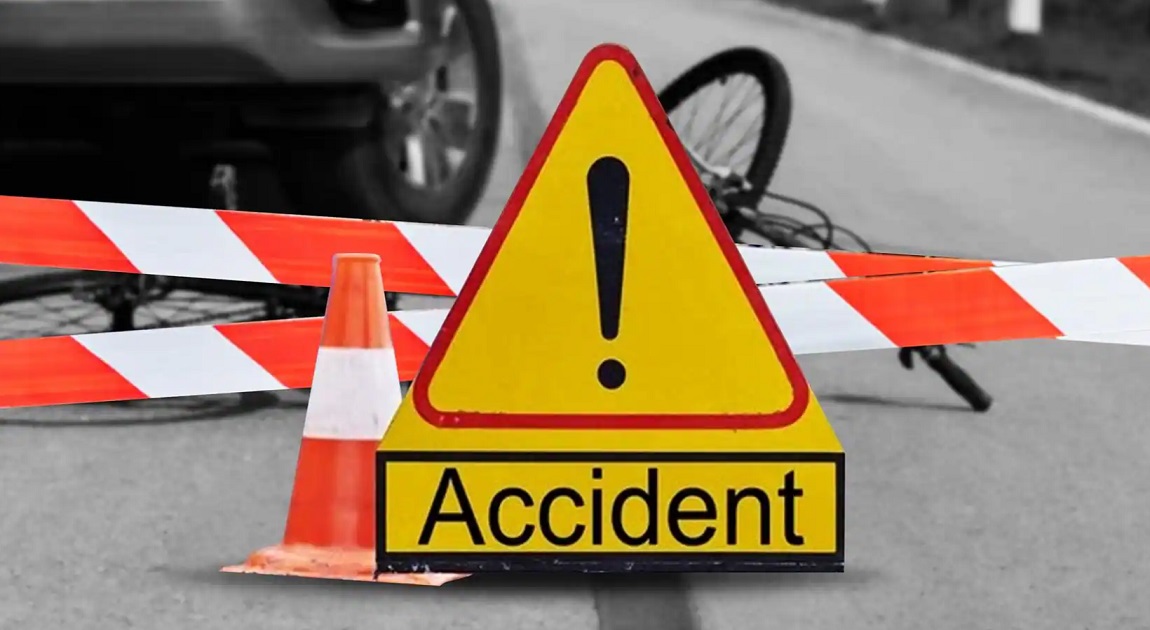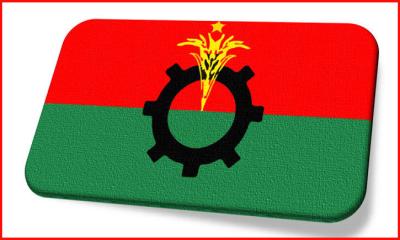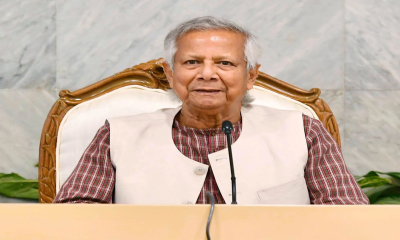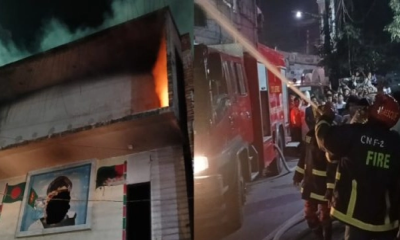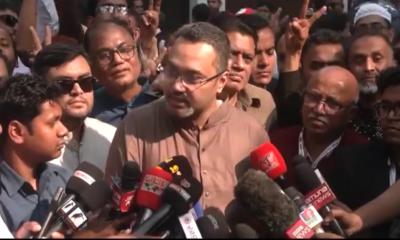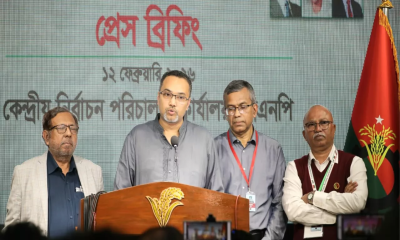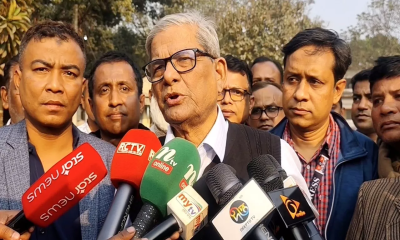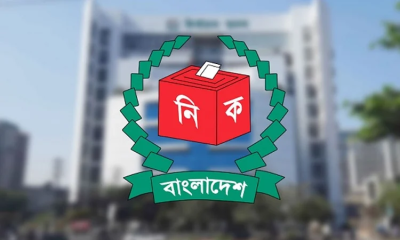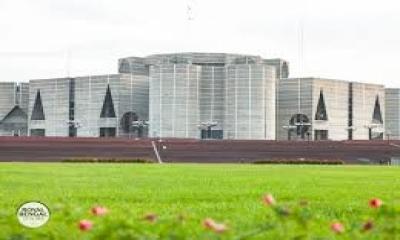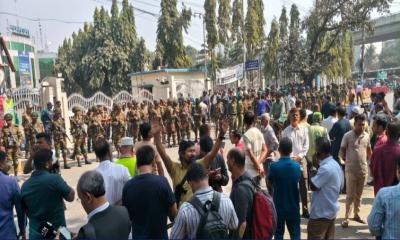At least 418 people were killed and 856 injured in road accidents across Bangladesh in July, according to a report released on Tuesday (August 19) by the non-governmental organization Road Safety Foundation.
The report stated that a total of 443 road accidents occurred during the month, with the deadliest involving motorcycles. A total of 131 motorcycle accidents left 109 people dead, accounting for 26.8% of the total fatalities and 29.57% of the total crashes.
Among the deceased were 72 women (17.22%) and 53 children (12.67%). In addition, 92 pedestrians (22%) and 56 drivers and transport workers (13.4%) also lost their lives. Beyond road crashes, four waterway accidents killed six people, while 21 railway accidents claimed 18 lives.
Vehicle-wise analysis showed that after motorcycles, the highest fatalities occurred in three-wheeler accidents (CNGs, auto-rickshaws, auto-vans), which killed 108 people (25.84%). Other deaths included 41 bus passengers (9.8%), 30 in truck and pickup accidents (7.17%), 20 in private cars, microbuses, and ambulances (4.78%), 12 in locally made vehicles (Nosimon, Bhatbhati, Mahindra, etc.) (2.87%), and 6 in bicycles and rickshaws (1.44%).
Time-based analysis revealed that nearly one-third of accidents (29.57%) occurred in the morning. Other accident distributions were: afternoon (21.89%), evening (17.15%), night (15.34%), dusk (11.6%), and early morning (4.96%).
Regionally, the highest number of accidents took place in Dhaka division, which accounted for 26.41% of the total. In Dhaka division alone, 117 accidents killed 105 people. Within the capital city, 26 accidents left 19 dead and 38 injured.
The report identified major causes of road accidents as: faulty vehicles, reckless speeding, unskilled and unhealthy drivers, long working hours, slow-moving vehicles on highways, reckless motorcycle riding by youths, disregard for traffic rules, weak traffic management, and extortion in the transport sector.
To address these issues, the organization made a series of recommendations, such as increasing initiatives to train skilled drivers, ensuring fixed salaries and working hours for drivers, strengthening BRTA’s institutional capacity, constructing separate service lanes for slow-moving vehicles on highways, building road dividers on all highways, ending extortion in public transport, and improving rail and waterway systems to reduce pressure on roads. The group also stressed the importance of adopting a sustainable transport strategy and ensuring the effective implementation of the Road Transport Act 2018.


